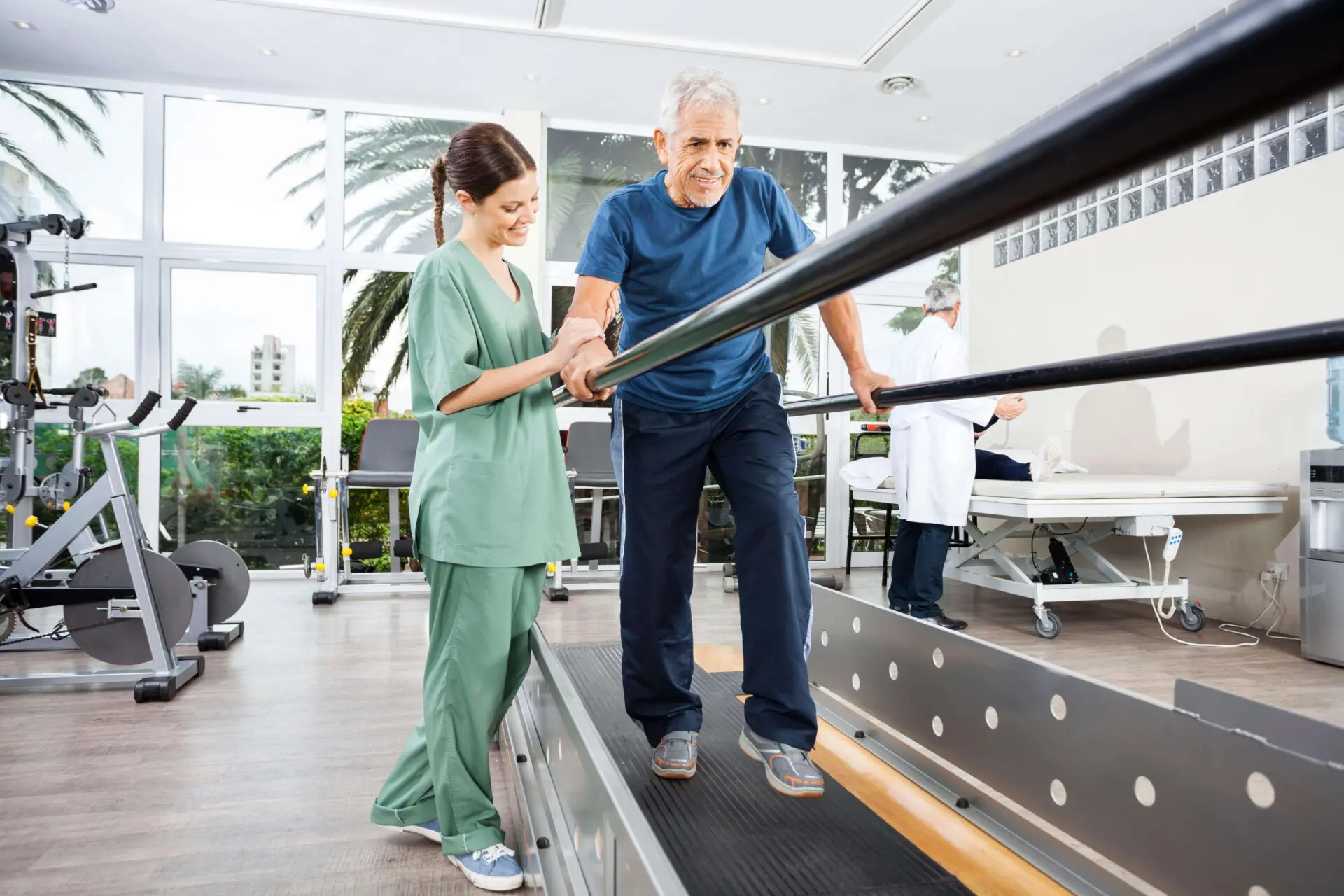Facts About Dementia Fall Risk Uncovered
Facts About Dementia Fall Risk Uncovered
Blog Article
Some Known Incorrect Statements About Dementia Fall Risk
Table of ContentsFacts About Dementia Fall Risk UncoveredThe 4-Minute Rule for Dementia Fall RiskSome Ideas on Dementia Fall Risk You Should KnowGetting The Dementia Fall Risk To WorkUnknown Facts About Dementia Fall Risk
You could be worried because you've had a fall prior to or due to the fact that you have actually seen you're starting to feel unstable on your feet. You may have seen modifications to your health, or simply really feel like you're decreasing a little. Whatever the reason, it isn't unusual to end up being mindful and lose self-confidence, and this can quit you doing the points you made use of to do and make you really feel extra isolated.If you've had an autumn or you've started to really feel unstable, tell your physician also if you really feel great otherwise. Your medical professional can examine your equilibrium and the method you walk to see if improvements can be made. They might have the ability to refer you for a falls risk analysis or to the drops avoidance service.
This details can be obtained through meetings with the person, their caretakers, and a testimonial of their medical documents. Begin by asking the private regarding their background of falls, consisting of the frequency and situations of any kind of current falls. Dementia Fall Risk. Inquire concerning any type of mobility problems they may experience, such as unsteady or trouble walking
Conduct a detailed evaluation of the individual's medications, paying certain attention to those known to raise the danger of falls, such as sedatives or medicines that lower high blood pressure. Figure out if they are taking multiple medications or if there have actually been recent changes in their medicine program. Review the individual's home atmosphere for possible hazards that can increase the threat of drops, such as bad lighting, loose carpets, or lack of grab bars in the washroom.
The Main Principles Of Dementia Fall Risk
Overview the person via the loss risk analysis kind, clarifying each question and videotaping their reactions accurately. Make sure that the private comprehends the purpose of the evaluation and feels comfy offering honest responses. Determine the total risk rating based upon the responses given in the assessment form. Establish the individual's threat classification (low, medium, or high) based upon the complete rating and the presence of automatic risky status variables.
This strategy might include exercise programs to boost strength and equilibrium, medicine changes, home modifications, and recommendations to various other specialists as needed. Routinely keep track of the person's development and reassess useful content their threat of drops as needed. Change the treatment strategy based upon modifications in their health condition or home atmosphere. Offer continuous education and support to promote safety and minimize the danger of drops in their day-to-day living activities.
Lots of studies have shown that physical therapy can help to decrease the risk of falling in grownups ages 65 and older. In a brand-new research study (that took a look at falls danger in females ages 80 and older), researchers calculated the economic impact of choosing physical therapy to avoid falls, and they discovered that doing so saves $2,144, including all the concealed expenses of your time, discomfort, missed life events, and the bucks paid for services.
The Of Dementia Fall Risk
Analyzing your balance, stamina, and walking capacity. A home safety and security assessment. Based on the evaluation results, your physical specialist will create a strategy that is tailored to your certain requirements.
Older grownups that have trouble strolling and speaking at the very same time go to a greater threat of falling. Dementia Fall Risk. To help enhance your safety throughout everyday tasks, your physiotherapist might design a training program that will challenge you to maintain standing and walking while you do an additional job. browse around this site Examples include walking or standing while counting in reverse, having a conversation, or lugging a bag of groceries
Your physical therapist additionally can determine which activities you ought to avoid to stay safe. Community-based falls avoidance programs aid people to: Reduce their anxiety of falling. Establish objectives for boosting their exercise. Make their homes much safer. Exercise much more to raise their strength and equilibrium. These programs usually are led by volunteer instructors.
Some Known Facts About Dementia Fall Risk.

Measles, or rubeola, is an extremely infectious, intense viral infectious condition caused by the measles virus. Some individuals think about measles as simply a rash and high temperature that removes up in a couple of days; however, measles can trigger significant health and wellness difficulties, specifically in kids more youthful than 5-years-old. The very best defense versus measles is the measles, mumps, and rubella (MMR) vaccine.
Loss are an usual root cause of injury amongst older adults. According to the CDC, in one year alone, fall-related injuries added to over $50 billion in medical prices (Dementia Fall Risk). In medical facility settings, older adults are at specifically high threat of falls since their lowered flexibility from being constrained to a space or bed.
All about Dementia Fall Risk

She has no history of drops, her stride is stable, and she invalidates with no concerns. The previous nurse states that she calls for aid to the washroom when she needs to go.
Instances of usual fall interventions/measures include: Ensuring a person's necessary items are available. Putting the patient's bed rails up with the alarm on. Helping a patient while they're standing up from bed. Beyond recognizing exactly how to use the Johns Hopkins Fall Threat Assessment Tool, it's crucial that centers incorporate its usage into an extra comprehensive fall avoidance strategy.
Report this page